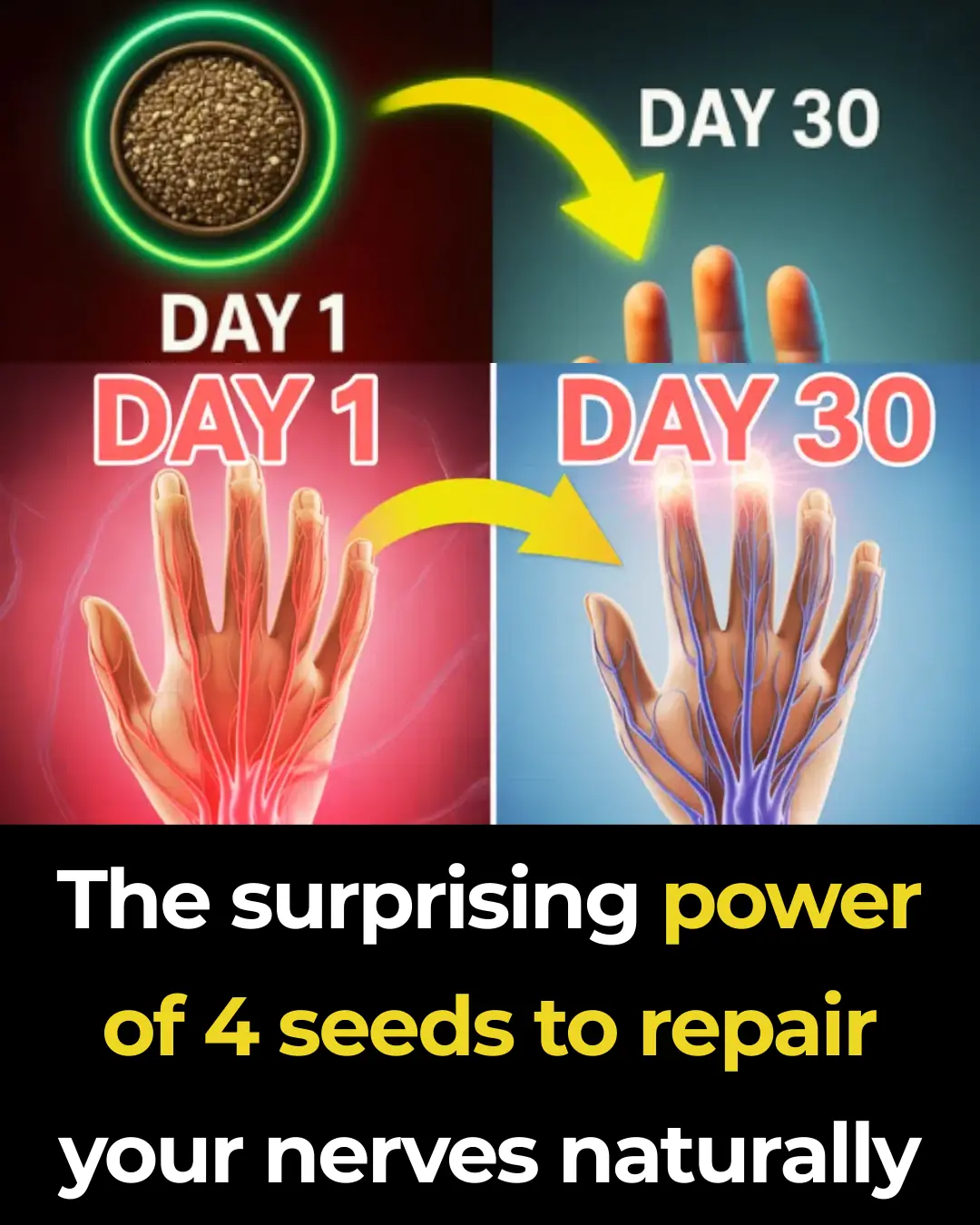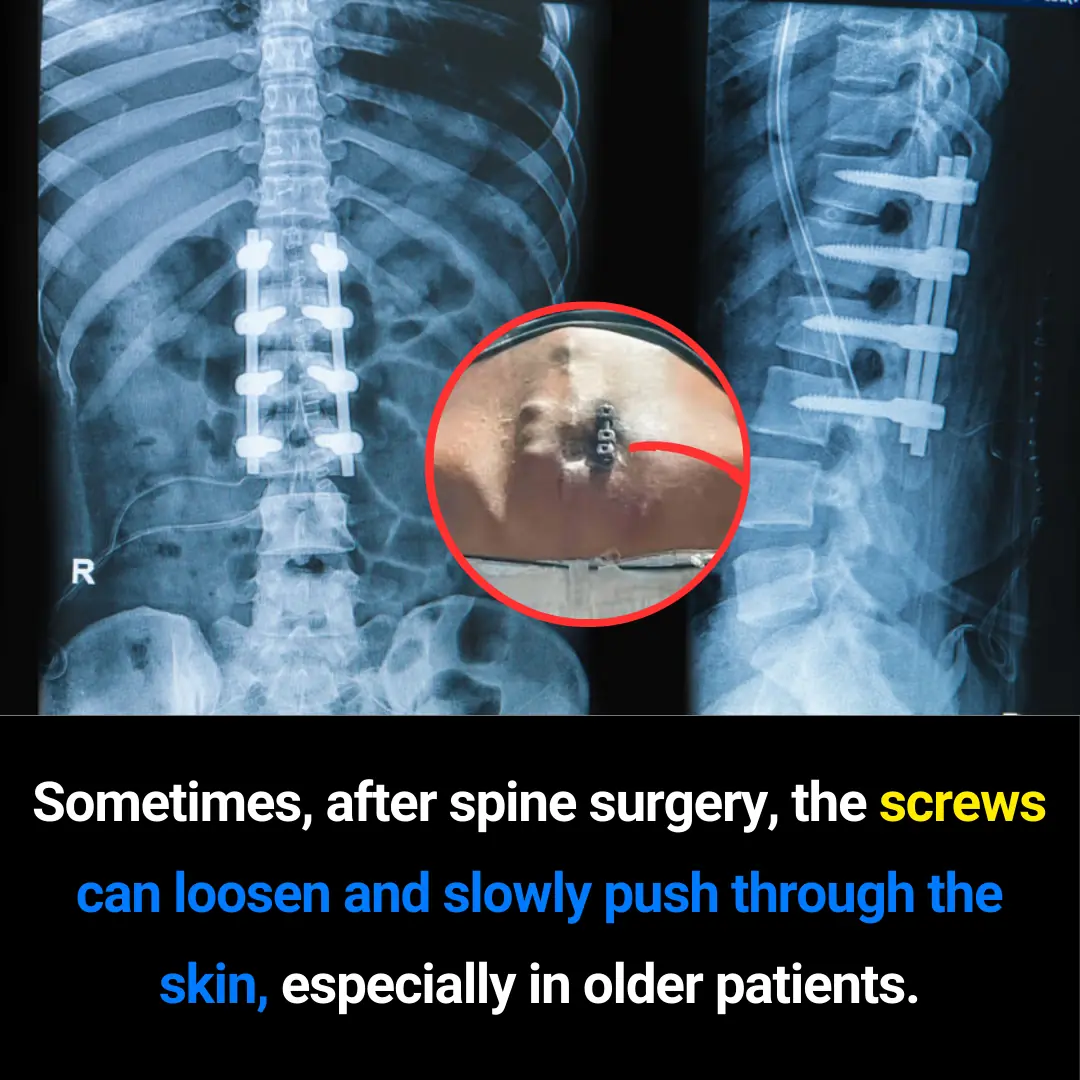
Here’s The Right Time To Eat Everything
Here’s the Right Time to Eat Everything
In today’s fast-moving world, we often obsess over what we eat — calories, nutrients, and diets — but rarely stop to think about when we eat. Yet, the timing of our meals can make a surprising difference. The hour you choose to eat can influence how efficiently your body digests food, how well you sleep, and even how your weight changes over time.
Emerging nutrition science now shows that meal timing is just as important as meal content. By syncing our eating patterns with our body’s natural rhythm — known as the circadian clock — we can improve digestion, stabilize energy levels, and maintain a healthier metabolism.
The Science Behind Meal Timing and Why It Matters
Your body runs on an internal 24-hour clock called the circadian rhythm. This rhythm controls not only your sleep and wake cycles but also your metabolism, hormone secretion, and digestion.
Research in chrononutrition — the study of how food timing affects health — has shown that our bodies handle food differently depending on the time of day. Eating earlier, when metabolism is more active, helps regulate blood sugar and insulin sensitivity. Late-night meals, on the other hand, can confuse your biological clock and make it harder to burn calories efficiently.
In fact, studies link late-night eating to a higher risk of obesity, heart disease, and metabolic disorders. It’s not just what’s on your plate — it’s when you put it there.
How Circadian Rhythms Affect Digestion
Your digestive system follows the same daily rhythm. During the daytime, it’s fully alert and ready to absorb nutrients. At night, however, it slows down to prepare for rest and cellular repair.
When you eat late, your body is less efficient at processing food, which can cause bloating, discomfort, and even fat storage. Over time, irregular eating patterns — skipping breakfast, eating lunch at random hours, or snacking late — can disrupt your circadian cycle and make your metabolism sluggish.
To support digestion and nutrient absorption, it’s best to align your meals with your body’s active hours — roughly between sunrise and sunset.
What Happens When You Eat at the Wrong Time
Eating at inappropriate hours can set off a chain reaction in your body. Large or heavy meals late at night may cause indigestion, disturb sleep quality, and lead to unwanted weight gain.
Irregular eating patterns can also cause your blood sugar levels to fluctuate dramatically, increasing your risk for insulin resistance and type 2 diabetes. Over time, this inconsistency can interfere with how your body utilizes nutrients — even if your diet is otherwise healthy.
In short, the “wrong time” to eat isn’t about rules — it’s about rhythm. When your meals fight your body’s clock, your metabolism struggles to keep up.
Top 15 Foods and the Best Times to Eat Them
To help your body work smarter, not harder, here’s a guide to the ideal time to enjoy 15 everyday foods — and why timing makes such a big difference.
1. Bananas – Best in the Evening
Rich in magnesium and potassium, bananas naturally relax your muscles and nerves. Eating one at night can calm your system, ease stress, and help prepare your body for restful sleep. Avoid them on an empty stomach in the morning, as they may cause a brief sugar spike.
2. Milk – A Nighttime Soother
Milk contains tryptophan and calcium, both known to promote melatonin production — the sleep hormone. A warm glass before bed can help you drift off faster and enjoy deeper sleep cycles.
3. Oatmeal – Morning Energy Fuel
Oatmeal is packed with complex carbohydrates and soluble fiber, which release energy slowly. A bowl in the morning helps maintain steady blood sugar levels and keeps you feeling full well into lunch.
4. Tomatoes – Best at Lunch
Tomatoes are rich in lycopene, an antioxidant that is better absorbed when eaten with healthy fats. Including them in your lunch — say, in a salad with olive oil or grilled fish — maximizes their heart-protective benefits.
5. Nuts – The Ideal Afternoon Snack
Nuts provide a perfect balance of protein, healthy fats, and fiber. Snacking on almonds or walnuts around 3–4 p.m. curbs hunger, stabilizes mood, and prevents overeating at dinner.
6. Dark Chocolate – A Gentle Evening Indulgence
High-quality dark chocolate contains magnesium and serotonin, which help relax the mind and body. A small square after dinner can satisfy cravings and promote better sleep quality.
7. Green Tea – Morning and Early Afternoon
Green tea is rich in antioxidants called catechins, which boost metabolism and improve focus. Drinking it in the morning or early afternoon enhances fat burning and alertness — but avoid it close to bedtime due to caffeine.
8. Yogurt – Mid-Morning Metabolism Booster
Yogurt’s probiotics improve gut flora and digestion. Having it mid-morning (around 10 a.m.) keeps hunger in check, supports your immune system, and aids nutrient absorption from other foods.
9. Rice – Perfect for Lunch
Rice digests quickly, providing a surge of energy ideal for daytime activity. Consuming it at lunch allows your body to utilize the glucose for movement and work, rather than storing it as fat overnight.
10. Apples – Morning Kick-Starter
Apples are high in pectin, a fiber that promotes satiety and helps eliminate toxins. Eating one in the morning stimulates digestion and balances blood sugar, making it a great breakfast companion.
11. Cheese – Evening Relaxation Food
Cheese offers a satisfying combination of protein and tryptophan. A small serving before bedtime can reduce late-night cravings and promote relaxation for better sleep quality.
12. Coffee – Mid-Morning, Not Early Morning
The best time to drink coffee is between 9:30 and 11:30 a.m., after your natural cortisol levels drop. This timing prevents caffeine tolerance and ensures you get the most from your morning brew.
13. Fish – Lunch or Dinner for Heart Health
Fish provides omega-3 fatty acids, vital for heart and brain function. Eating fish at lunch or dinner helps your body absorb its healthy fats and supports evening recovery and repair.
14. Eggs – Morning Protein Powerhouse
Eggs are a complete source of protein and essential vitamins. Eating them for breakfast fuels your metabolism, improves focus, and keeps you satisfied longer — perfect for busy mornings.
15. Leafy Greens – Lunchtime or Early Dinner
Leafy greens like spinach or kale are nutrient-dense and rich in fiber. Having them around midday helps balance blood sugar and gives your digestive system plenty of daylight to process them efficiently.
Conclusion: Eat With the Clock, Not Against It
The secret to a healthier body isn’t just eating nutritious food — it’s eating it at the right time. By aligning your meals with your body’s natural clock, you enhance digestion, improve sleep, stabilize energy, and even support long-term weight management.
In essence, timing your meals is a form of self-care. Listen to your body’s rhythm, give it fuel when it needs energy, and rest when it asks for recovery.
Because when your eating habits are in sync with nature’s clock, your entire body works in harmony — from your metabolism to your mood.
News in the same category


Powerful Health Benefits of Pineapple You Should Know

The Surprising Health Benefits of Sleeping in a Cold Room

High Blood Sugar Warning Signs

🥚 A Look at How Certain Boiled Egg Habits May Affect Your Heart Health

🌿 Clove Water Sitz Baths for Women: A Gentle Guide to Hygiene and Comfort

What Happens to Your Body When You Eat Canned Tuna Every Day

17 Warning Signs Your Liver Is Crying for Help

How to Support Your Kidneys Naturally Using 1 Teaspoon of Baking Soda

Fish oil cuts CV risk nearly in half for dialysis patients

The hidden heart danger doctors say is more common in people with diabetes

The surprising power of 4 seeds to repair your nerves naturally

Trial: mRNA Flu Vaccines More Effective Than Quad

3 Miracle Herbs to Instantly Lower Blood Pressure & Clear Arteries Naturally

The Surprising Uses of Lemon and Charcoal: A Natural Mix That May Change Your Daily Routine

The Green Bell Pepper Hair Growth Secret You NEED to Know

Eating eggs every day can help you live longer

3 Miracle Herbs to Instantly Lower Blood Pressure & Clear Arteries Naturally

What is its effect. do you know?

Stop Ignoring These 8 Subtle Signs of Heart Trouble Before It’s Too Late
News Post

High-Dose Nifedipine Linked to Increased Risk of Sudden Cardiac Arrest, New Study Suggests

How the U.S. Escaped Hurricane Landfalls in 2025

Ancient Shark Fossils Unearthed in Mammoth Cave Rewrite 325 Million Years of Evolutionary History

Powerful Health Benefits of Pineapple You Should Know

How an Italian Police Lamborghini Huracán Helped Save Lives by Delivering Kidneys Across Italy

Can Spinal Screws Push Through the Skin? Understanding a Rare but Serious Post-Surgery Complication

Why the Tongue Is One of the Most Important Organs in the Human Body

What You Do First in This Scenario

The Surprising Health Benefits of Sleeping in a Cold Room

A 4-Minute, Zero-Effort Hack to Clean Grill Gunk – The Simple Trick My Nana Taught Me

High Blood Sugar Warning Signs

🥚 A Look at How Certain Boiled Egg Habits May Affect Your Heart Health

Small Steps, Big Impact: How 4,000 Steps a Day Can Transform Your Health

🌿 Clove Water Sitz Baths for Women: A Gentle Guide to Hygiene and Comfort

What Happens to Your Body When You Eat Canned Tuna Every Day

17 Warning Signs Your Liver Is Crying for Help

How to Support Your Kidneys Naturally Using 1 Teaspoon of Baking Soda

Fish oil cuts CV risk nearly in half for dialysis patients

The hidden heart danger doctors say is more common in people with diabetes
